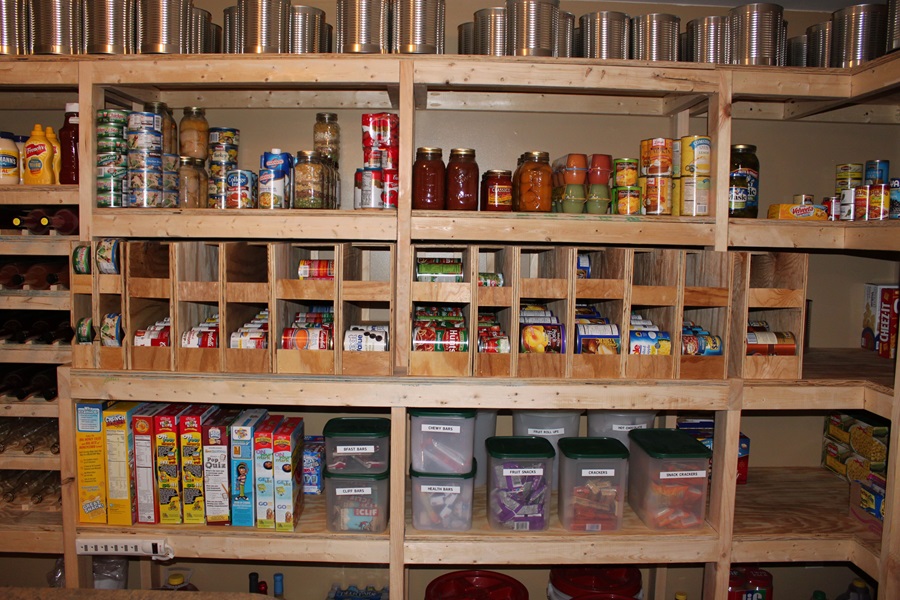Home emergencies can strike unexpectedly, often catching homeowners off guard. Whether it’s a sudden power outage, a kitchen fire, or a plumbing issue, being prepared is crucial. Understanding the appropriate actions to take in each situation not only helps in resolving the problem efficiently but also ensures safety. This guide delves into various common home emergencies, offering practical advice and tips on how to effectively handle these challenging situations.
Contents
Power Outage

When a power outage occurs, the first step is to determine whether it’s an isolated incident or a neighborhood-wide issue. Checking the circuit breaker or fuse box can help identify if the problem lies within the home’s electrical system. It’s essential to have easy access to flashlights and avoid using candles due to the risk of fire. Keeping mobile devices charged and having a battery-powered radio on hand are also advisable to stay informed about the situation.
In preparation for future power outages, having an emergency kit stocked with essentials like batteries, a first aid kit, and non-perishable food is crucial. Installing a generator can provide a reliable power source, but it’s important to understand its safe operation and maintenance. Regularly updating the emergency kit and reviewing family emergency plans ensures readiness for when the power goes out again.
Kitchen Fire
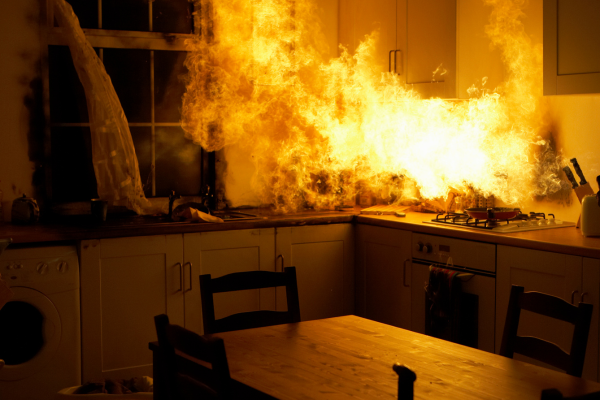
To prevent kitchen fires, vigilance is key. Never leave cooking unattended and keep flammable items like towels and paper products away from the stove. Regular cleaning to remove grease buildup, which can ignite easily, is also important. Installing a smoke detector near the kitchen and ensuring it’s functional can provide an early warning in case of a fire.
If a kitchen fire does occur, knowing how to respond quickly and effectively is vital. For grease fires, using a fire extinguisher or smothering the flames with a metal lid or baking soda can be effective, but never use water as it can spread the fire. If the fire gets out of control, evacuate immediately and call emergency services. The safety of all occupants should always be the primary concern.
Plumbing Leak
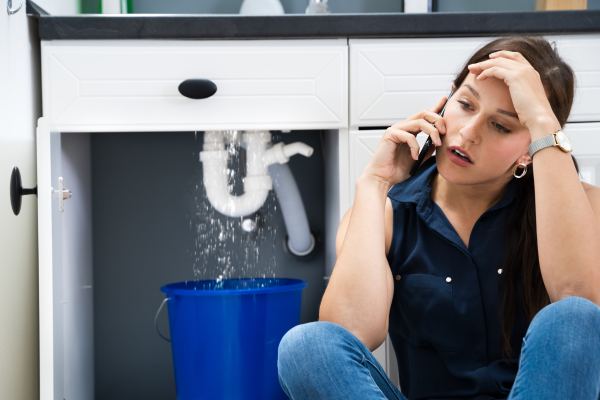
Recognizing a plumbing leak early is crucial to preventing significant water damage. Common signs include unexpected increases in the water bill, damp spots on floors or walls, and the sound of running water when all taps are off. Musty odors and mold growth are also indicators of hidden leaks. Regular inspection of pipes under sinks and around appliances can help catch leaks before they become major issues.
When a leak is discovered, the immediate response should be to minimize water damage. This often involves turning off the main water supply to the house, which every homeowner should know how to do. Once the water is off, containing the spread of water and calling a professional plumber for repair is essential. In the meantime, soaking up standing water and ventilating the area can prevent mold growth and further damage.
Locked Out

Preventing a lockout starts with simple strategies like keeping a spare key in a secure place or considering a lockbox. Modern solutions such as digital locks or smart home systems provide more convenience and can be controlled remotely, reducing the chances of getting locked out. Regular maintenance of locks and keeping track of keys are also important preventive measures.
In the event of a lockout, it’s important to remain calm and think of possible solutions. Contacting a trusted locksmith is usually the safest and most effective way to regain access to a home. It’s advisable to have the contact information of a reputable locksmith handy. Checking for an open window or back door may offer a solution, but it’s important to avoid breaking into the house, as this can cause damage and may look suspicious to neighbors.
HVAC Goes Out
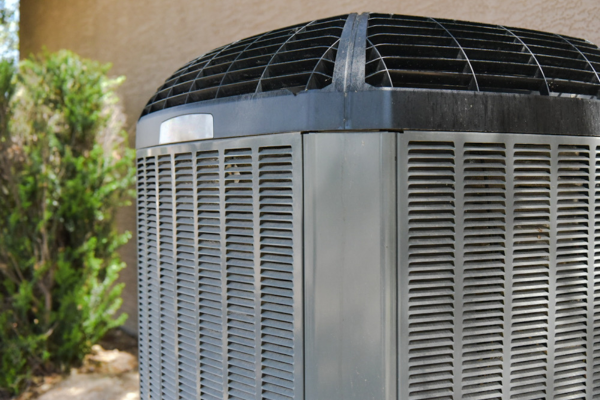
An HVAC system going out, especially during extreme weather, can be more than an inconvenience; it can be a safety issue. Recognizing signs of potential failure, such as unusual noises, inconsistent temperatures, or increased energy bills, can help in getting professional help before a complete breakdown. Regular maintenance, including filter changes and system inspections, can extend the life of the unit and prevent unexpected failures.
If the HVAC system fails, the first step is to check if it’s a simple issue like a tripped circuit breaker or a malfunctioning thermostat. Sometimes, a reset can resolve the problem. However, if the issue is beyond basic troubleshooting, it’s important to call a professional HVAC technician. During extreme temperatures, finding alternative ways to stay warm or cool, such as using space heaters or fans, and staying hydrated is crucial while waiting for repairs.
Pest Infestation
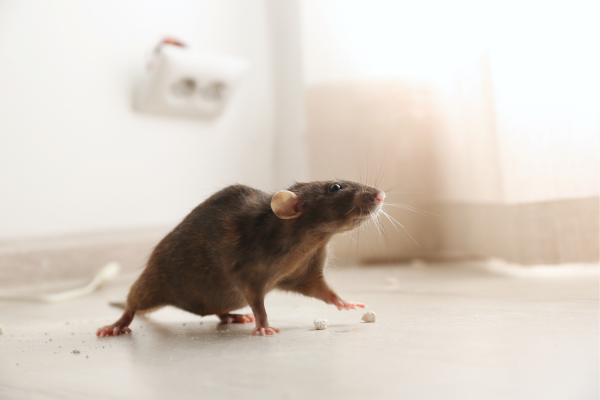
Pest infestations can be both a nuisance and a health hazard. Preventing infestations involves sealing potential entry points, maintaining cleanliness, and proper disposal of waste. Regular inspections of the home for signs of pests, such as droppings, damage to structures, or unusual sounds, are essential. Proper storage of food in sealed containers and avoiding standing water can also deter pests.
When an infestation is detected, prompt action is necessary. Identifying the type of pest is the first step towards effective control. For minor infestations, DIY methods such as traps or natural repellents may be sufficient. However, for larger or more persistent problems, professional pest control services are recommended. These experts can provide targeted treatments and advice for preventing future infestations.
Gas Leak
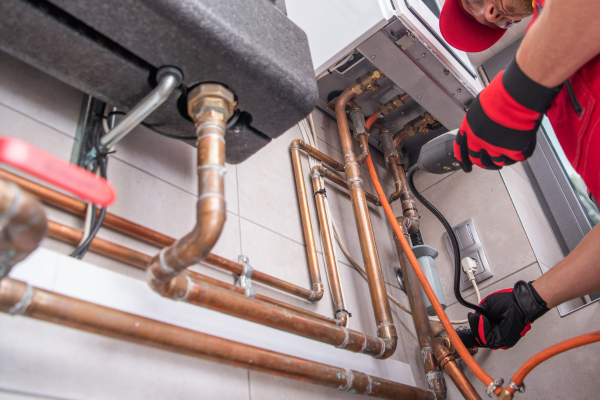
Gas leaks are a serious emergency that require immediate attention. Recognizing the signs of a gas leak is crucial for safety. The smell of rotten eggs, a hissing or whistling sound near gas lines, or dead vegetation around the pipeline area can indicate a leak. Homeowners should be familiar with the location of the gas meter and know how to turn it off in an emergency.
In the event of a suspected gas leak, the first and most important step is to evacuate the house immediately without turning on lights, using a phone, or doing anything that could ignite the gas. Once safely outside, call the gas company or emergency services from a mobile phone or neighbor’s house. It’s critical not to re-enter the house until it has been declared safe by professionals.
The Bottom Line
Dealing with home emergencies requires a combination of preparedness and prompt action. Understanding the signs of potential problems and knowing how to respond can significantly reduce the impact of these emergencies. Regular maintenance and awareness are key in preventing many common home issues. Ultimately, safety should always be the priority, and when in doubt, seeking professional assistance is the best course of action.
